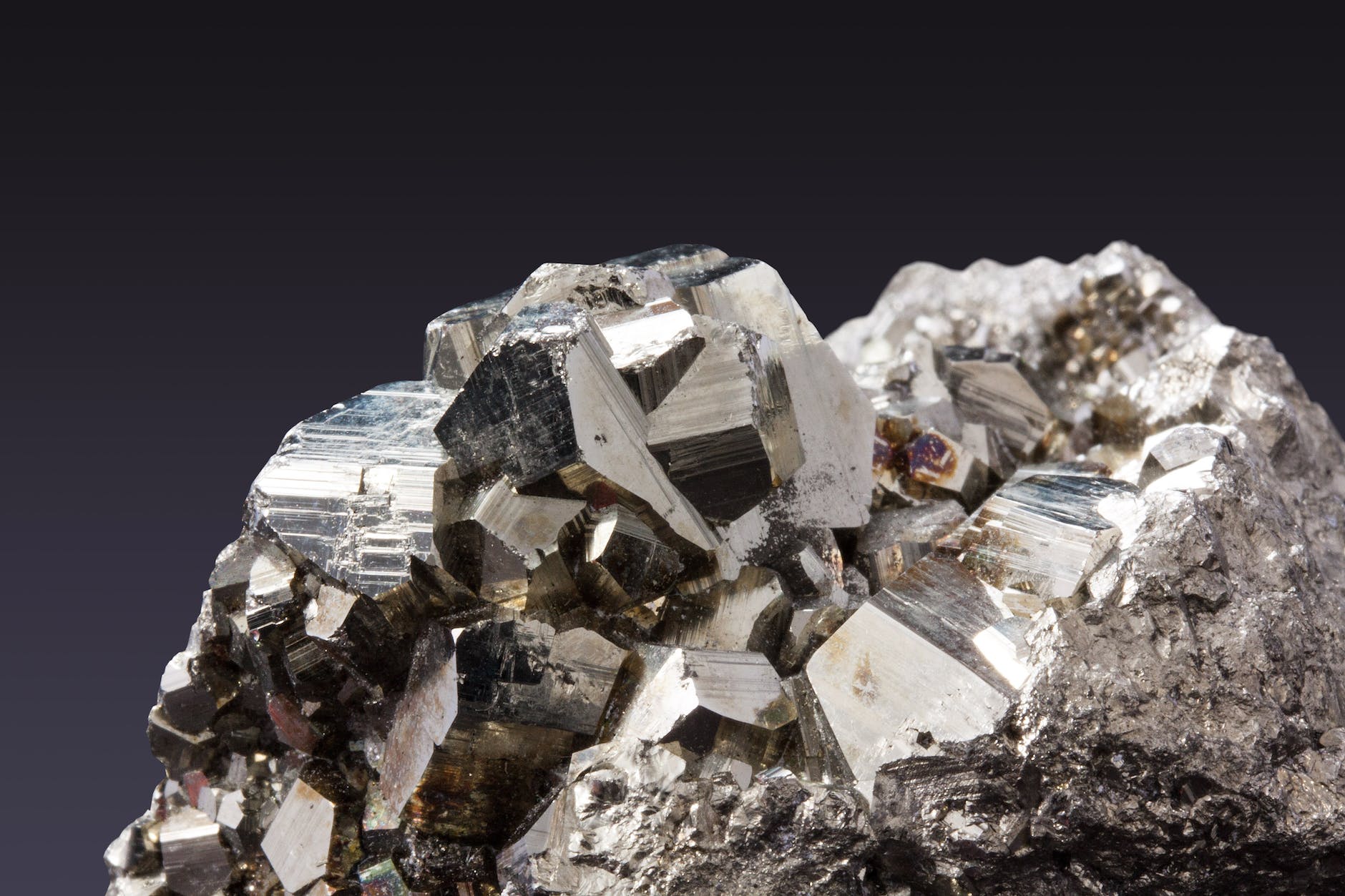
Minerals
Minerals are the unsung heroes of our daily nutrition. While vitamins often steal the limelight, minerals play a critical role in ensuring our bodies function optimally. These naturally occurring elements are crucial for a multitude of physiological processes, from building strong bones and teeth to ensuring our heart beats rhythmically. However, as we move forward into the 21st century, a new challenge emerges: ensuring that we receive an adequate mineral intake amidst changing agricultural and food processing practices.
Let’s discuss this further, shedding light on the challenges of getting more of it, its benefits, and how to attain more:
The Modern-Day Challenge of Getting Essential Minerals
There was a time when the food we consumed was rich in essential minerals. The soil was replete with these life-giving elements, ensuring that whatever grew from it was nutritionally dense. Fast forward to today, and the picture is less rosy. Modern agricultural practices often strip the soil of its natural mineral content. Pesticides, herbicides, and synthetic fertilizers, although ensuring larger yields, often compromise the nutritional quality of the produce. Add to this the extensive food processing that many of our meals undergo, and it’s easy to see why many of us might not be getting the essential minerals we need.
That’s where products like ConcenTrace come into play. ConcenTrace is a trace mineral drop that seeks to bridge the gap between what our bodies require and what our modern diet provides. Derived from the Great Salt Lake, it offers a concentrated dose of essential minerals in a form that’s easily absorbed by our bodies. While not a replacement for a balanced diet, it’s a valuable tool in our modern-day arsenal to combat mineral deficiency.
Understanding the Role of Minerals in Human Health
When we talk about minerals, we’re referring to a vast group of elements, each with its distinct role in human health. While they may be required in small amounts, their impact is profound. For instance, they aid in bone formation, keep our heartbeat regular, ensure our nerves function correctly, and even help our blood clot. There are two main categories: macrominerals and trace minerals. Macrominerals, like calcium and magnesium, are required in larger amounts, while trace minerals, such as iron and zinc, are necessary in minute quantities. But the quantity doesn’t determine their importance. A deficiency in even a trace mineral can have significant repercussions for our health.
Calcium: Building Strong Bones and Teeth
If there’s one mineral most people are familiar with, it’s calcium. Revered for its role in building and maintaining strong bones and teeth, it’s a mineral that’s especially important during periods of growth like childhood and adolescence. But its role doesn’t end there. Calcium also aids in muscle function, nerve transmission, and vascular contraction. Foods like milk, cheese, green leafy vegetables, and almonds are all rich sources of this essential mineral. Ensuring an adequate intake of calcium is crucial not just in our growing years but also as we age to combat natural bone density loss.
Iron: Essential for Healthy Blood and Energy
Iron’s importance in human health cannot be understated. At its core, it acts as a vital ingredient in hemoglobin, the molecule within red blood cells responsible for transporting oxygen from the lungs to various parts of the body. When there’s an inadequate iron intake, one may experience conditions such as anemia, manifesting as fatigue and a pale complexion. Beyond its role in oxygen transportation, iron aids in energy production supports muscle activities, and contributes to hormone synthesis.
Dietary iron appears in two primary forms: heme and non-heme. While the heme variation is predominantly found in animal-based foods like meat and poultry, the non-heme type is abundant in plant-derived foods, examples being lentils, beans, and spinach. For comprehensive health benefits, it’s advisable to include a mix of both iron sources in one’s diet.
Zinc: Boosting Immunity and Supporting Metabolism
Zinc, while needed in small amounts, is fundamental for a host of body functions. One of its most crucial roles is in bolstering our immune system. Adequate zinc levels can help ward off illnesses and speed up the healing process. Additionally, it plays a part in breaking down carbohydrates, our primary energy source, thus aiding metabolism. Moreover, zinc is essential for our sense of taste and smell. Foods like oysters, red meat, poultry, beans, and nuts are rich sources of this mineral.
Magnesium: Over 300 Biochemical Reactions Rely on It
Magnesium is another powerhouse mineral that our body relies upon. This unsung hero is responsible for over 300 biochemical reactions. It’s pivotal in maintaining muscle and nerve function, regulating blood sugar levels, and producing energy. It also holds importance for bone health alongside calcium. A sign that one might be lacking magnesium includes muscle cramps, fatigue, and irregular heartbeat. Green leafy vegetables, such as spinach, legumes, nuts, seeds, and whole grains, are some foods rich in magnesium. Making them a regular part of your diet can ensure you’re getting your recommended daily dose.
Potassium: For a Healthy Heartbeat and Muscle Function
When we think of potassium, bananas often come to mind. And for a good reason. Bananas are a rich source of this essential mineral. But potassium is not just about bananas; it’s about maintaining a regular heartbeat, ensuring proper muscle function, and balancing bodily fluids. Too little potassium can lead to high blood pressure kidney stones, and in severe cases, can affect the heart’s rhythm. Apart from bananas, other sources include potatoes, spinach, beans, and fish.
Incorporating a Mineral-Rich Diet
Knowing the importance of these minerals is half the battle. The next step is ensuring our diets are replete with them. A balanced diet, incorporating a mix of fruits, vegetables, lean meats, and whole grains, is a surefire way to get a healthy dose of these minerals. However, in today’s fast-paced world, ensuring we get all our nutrients from food sources alone can be a challenge. That’s where supplements like ConcenTrace prove beneficial. They act as a safety net, ensuring our bodies don’t lack the essential nutrients needed. However, it’s important to remember supplements should not replace a balanced diet but complement it.
Conclusion
In conclusion, minerals, although often overshadowed by vitamins, are the backbone of our nutritional needs. From keeping our bones strong to ensuring our heart beats steadily, these naturally occurring elements are indispensable. As we navigate our way in a world where soil depletion and extensive food processing are the norms, we must be proactive in ensuring our mineral intake remains optimal. Whether it’s through a balanced diet, supplements, or a combination of both, ensuring our bodies are well-equipped with these essential minerals is paramount for overall well-being.






